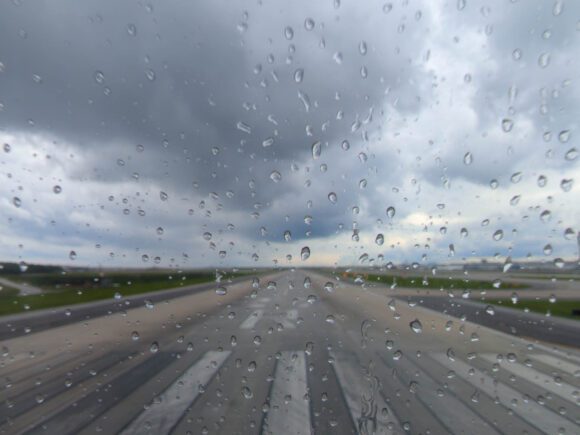
AerCap
Lessors and Russia: The worst case has come to pass. Despite Russia being a signatory to the Cape Town Treaty that enables the recovery of leased aircraft under normal circumstances, the war in Ukraine has resulted in aircraft leased to Russian airlines as effectively being lost. The Russian government has drafted a new law enabling foreign-owned aircraft to now be registered in Russia. This comes after Bermuda and Ireland suspended certificates of airworthiness for aircraft currently in Russia under lease from western firms subject to economic sanctions for continuing to lease aircraft to Russian airlines.
The new Russian law also enables airlines to keep aircraft rather than return them to lessors as a reaction to the sanctions imposed by the EU (since most leases are with Irish-based lessors) that have a deadline of March 28th for cancellation. Under the new law, any early lease terminations will need to be approved by the Russian government, which is quite unlikely and enables airlines to continue to operate the aircraft until the end of the original lease term. The aircraft will be insured by Russian insurers since sanctions preclude access to western markets.
The new Russian law also indicates that aircraft will be maintained in accordance with Russian Civil Aircraft Regulations and will be able to continue to fly domestically. These standards, however, will likely differ from the maintenance and return conditions set out in lease contracts and present a problem for lessors at the end of the lease term. With sanctions on spare parts and maintenance from western companies, it is likely that these leased aircraft may end up being “parted out” to provide spares to keep others in operation once spares inventories are depleted. The owners of these aircraft face a massive drop in aircraft values, and may find the equivalent of a hulk without key components once access to Russia is restored, likely years from now.
What about the insurance?
As a result, even if an airline wanted to return aircraft to maintain a future business relationship, that has now become impossible due to geopolitical events. The question now comes down to insurance, whether keeping the aircraft within Russia constitutes theft, or whether Russia is part of a war zone, despite no combat activity in Russian territory. This will be a question that the attorneys for insurers and lessors will be debating in courts. Nonetheless, it is clear that Russia will not participate in repatriating aircraft, and lessors are unlikely to be paid, or if they are at some point, it may be in Roubles, which have lost 1/3rd of their value in recent weeks. It is not clear that lessors can attach any of the Russian reserves currently frozen by sanctions.
A handful of Russian airline executives resigned their posts as a result of the war, including Andrey Panov, Deputy General Director of Aeroflot for strategy, service, and marketing. He stated in a Facebook post “We have left Russia. I have left Aeroflot. The old life is over.” Andrei Kalmykov, head of Pobeda, a low-cost carrier within the Aeroflot group, had previously resigned. We are uncertain if he remains in Russia.
To date, only a handful of aircraft have been recovered, as Bermuda changed only a couple of registrations to US N-registrations in the last week. Virtually all of the Russian aircraft registered in Bermuda have now been de-certified and are likely operating illegally or under new Russian registration.
The only good news coming out of this situation is that a glut of used aircraft hasn’t suddenly hit the market, as lessors have been unable to recover their aircraft. Had they been returned to hit the market, the latest models, 737 MAX and A320neo family aircraft would easily find new homes, but the prior generation might have seen values fall, particularly with higher fuel prices, which disproportionally punish older aircraft. While the markets haven’t been disrupted with a glut of aircraft, they have been disrupted by high fuel prices, which are causing airlines to re-examine the need for more fuel-efficient current generation aircraft. While one door has closed, another may be opening.
The Bottom Line
Aircraft lessors exposed to Russia have, basically, had their aircraft confiscated by a foreign government that will continue to fly them, degrading their condition, and not pay for them. This is the total loss scenario (potentially uninsured) that lessors fear. With Russia not under attack and relatively safe, war risk insurance likely does not apply, and lessors may only be able to recover under theft coverage. However, since such coverage will be terminated by EU sanctions, it is unlikely that the reinsurance market will be able to pay for theft, leaving that to Russian insurers. Full write-downs may be in order, in the billions of dollars.
The largest leasing companies might be able to absorb the shock, but smaller lessors may be in trouble and face the unpleasant alternative of being acquired to remain in business. The ramifications of the war in Ukraine are both wide-reaching and devastating.
Views: 2




